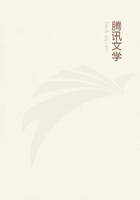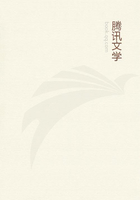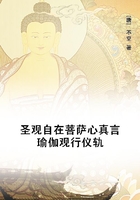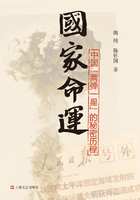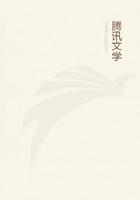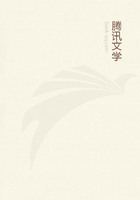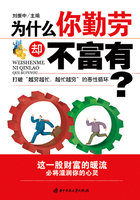The first thing we have to remember is this. Whether our argument concerns public affairs or some other subject, we must know some, if not all, of the facts about the subject on which we are to speak and argue. Otherwise we can have no materials out of which to construct arguments. I mean, for instance, how could we advise the Athenians whether they should go to war or not, if we did not know their strength, whether it was naval or military or both, and how great it is; what their revenues amount to; who their friends and enemies are; what wars, too, they have waged, and with what success; and so on? Or how could we eulogize them if we knew nothing about the sea-fight at Salamis, or the battle of Marathon, or what they did for the Heracleidae, or any other facts like that? All eulogy is based upon the noble deeds--real or imaginary--that stand to the credit of those eulogized. On the same principle, invectives are based on facts of the opposite kind: the orator looks to see what base deeds--real or imaginary--stand to the discredit of those he is attacking, such as treachery to the cause of Hellenic freedom, or the enslavement of their gallant allies against the barbarians (Aegina, Potidaea, &c.), or any other misdeeds of this kind that are recorded against them. So, too, in a court of law: whether we are prosecuting or defending, we must pay attention to the existing facts of the case. It makes no difference whether the subject is the Lacedaemonians or the Athenians, a man or a god; we must do the same thing. Suppose it to be Achilles whom we are to advise, to praise or blame, to accuse or defend; here too we must take the facts, real or imaginary; these must be our material, whether we are to praise or blame him for the noble or base deeds he has done, to accuse or defend him for his just or unjust treatment of others, or to advise him about what is or is not to his interest. The same thing applies to any subject whatever. Thus, in handling the question whether justice is or is not a good, we must start with the real facts about justice and goodness. We see, then, that this is the only way in which any one ever proves anything, whether his arguments are strictly cogent or not: not all facts can form his basis, but only those that bear on the matter in hand: nor, plainly, can proof be effected otherwise by means of the speech. Consequently, as appears in the Topics, we must first of all have by us a selection of arguments about questions that may arise and are suitable for us to handle; and then we must try to think out arguments of the same type for special needs as they emerge; not vaguely and indefinitely, but by keeping our eyes on the actual facts of the subject we have to speak on, and gathering in as many of them as we can that bear closely upon it: for the more actual facts we have at our command, the more easily we prove our case; and the more closely they bear on the subject, the more they will seem to belong to that speech only instead of being commonplaces. By 'commonplaces' I mean, for example, eulogy of Achilles because he is a human being or a demi-god, or because he joined the expedition against Troy: these things are true of many others, so that this kind of eulogy applies no better to Achilles than to Diomede. The special facts here needed are those that are true of Achilles alone; such facts as that he slew Hector, the bravest of the Trojans, and Cycnus the invulnerable, who prevented all the Greeks from landing, and again that he was the youngest man who joined the expedition, and was not bound by oath to join it, and so on.
Here, again, we have our first principle of selection of Enthymemes-that which refers to the lines of argument selected. We will now consider the various elementary classes of enthymemes. (By an 'elementary class' of enthymeme I mean the same thing as a 'line of argument'.) We will begin, as we must begin, by observing that there are two kinds of enthymemes. One kind proves some affirmative or negative proposition; the other kind disproves one. The difference between the two kinds is the same as that between syllogistic proof and disproof in dialectic. The demonstrative enthymeme is formed by the conjunction of compatible propositions; the refutative, by the conjunction of incompatible propositions.
We may now be said to have in our hands the lines of argument for the various special subjects that it is useful or necessary to handle, having selected the propositions suitable in various cases. We have, in fact, already ascertained the lines of argument applicable to enthymemes about good and evil, the noble and the base, justice and injustice, and also to those about types of character, emotions, and moral qualities. Let us now lay hold of certain facts about the whole subject, considered from a different and more general point of view. In the course of our discussion we will take note of the distinction between lines of proof and lines of disproof: and also of those lines of argument used in what seems to be enthymemes, but are not, since they do not represent valid syllogisms. Having made all this clear, we will proceed to classify Objections and Refutations, showing how they can be brought to bear upon enthymemes.

